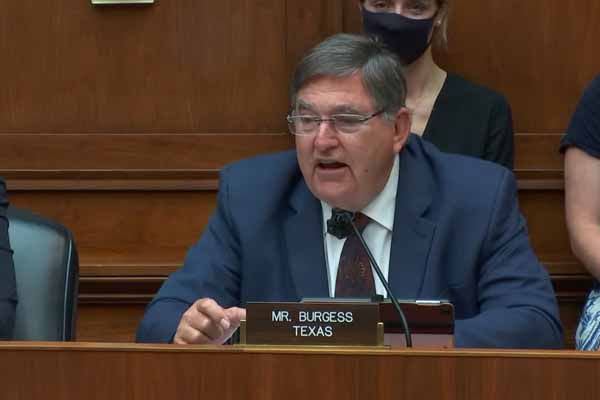
Federal lawmakers seem to be listening to calls for reform for the Medicare Access and CHIP Reauthorization Act (MACRA), as the House Energy & Commerce Committee’s Oversight & Investigations Subcommittee recently hosted a “MACRA Checkup” hearing to examine the law’s “successes and remaining challenges.”
U.S. Rep. Michael Burgess, MD (R-Texas), an obstetrician-gynecologist from Lewisville who championed MACRA’s initial passage in the House, is a member of the subcommittee and acknowledged the statute’s complicated standing.
One the one hand, the law addressed the shortcomings of fee-for-service payment under the Sustainable Growth Rate formula and ushered in a value-based payment system with the creation of the Merit-Based Incentive Payment System (MIPS) and of alternative payment models (APMs), such as the Medicare Shared Savings Program.
“It is important to note that we were solving the problems of the time and that our shared goal was to help doctors and their patients be relieved from the constant threat of payment cuts and doctors dropping out of the system,” Representative Burgess said during the June 22 hearing.
On the other hand, MACRA has failed to fully prevent successive Medicare physician pay cuts, which continue to imperil practice viability – a crisis that has prompted the Texas Medical Association, American Medical Association, and others in medicine to ramp up advocacy efforts.
“Our work is far from done,” Representative Burgess said. “Doctors deserve long-term financial stability, and patients deserve access to the best care possible.”
Texas had other representation at the hearing as well with testimony from internist Anas Daghestani, MD, CEO of Austin Regional Clinic and chair of America’s Physician Groups.
“Although some of the incentives available to clinicians under MACRA have been helpful, they have not fundamentally altered the picture of declining real payment to clinicians under Medicare,” he told the committee.
Dr. Daghestani also urged members “to re-engineer MACRA to fully fuel the transition to value-based health care,” for example with upfront payments for infrastructure and technology and greater financial incentives to participate.
He also emphasized the high stakes of doing nothing.
“The looming fiscal crunch that will ensue from the ongoing rapid rise in health spending, coupled with the poor and declining health status of many Americans, create an important ‘burning platform’ for sweeping change,” he said.
The hearing was one of a series, across both chambers, that recently have taken up the issues of health care consolidation and unaffordability, and follows the introduction of bipartisan legislation to raise physician Medicare payments with inflationary updates.
For more information, check out TMA’s federal advocacy webpage.
Emma Freer
Associate Editor
(512) 370-1383